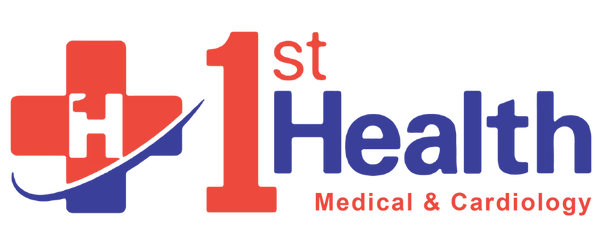
Regular Cholesterol Monitoring
Regular Cholesterol Monitoring For Your Heart Health Cholesterol is a waxy substance found in your blood. It plays a vital role in various bodily functions, like building healthy cells and producing hormones. However, high levels of “bad” cholesterol can contribute to the buildup of plaque in your arteries, increasing the



